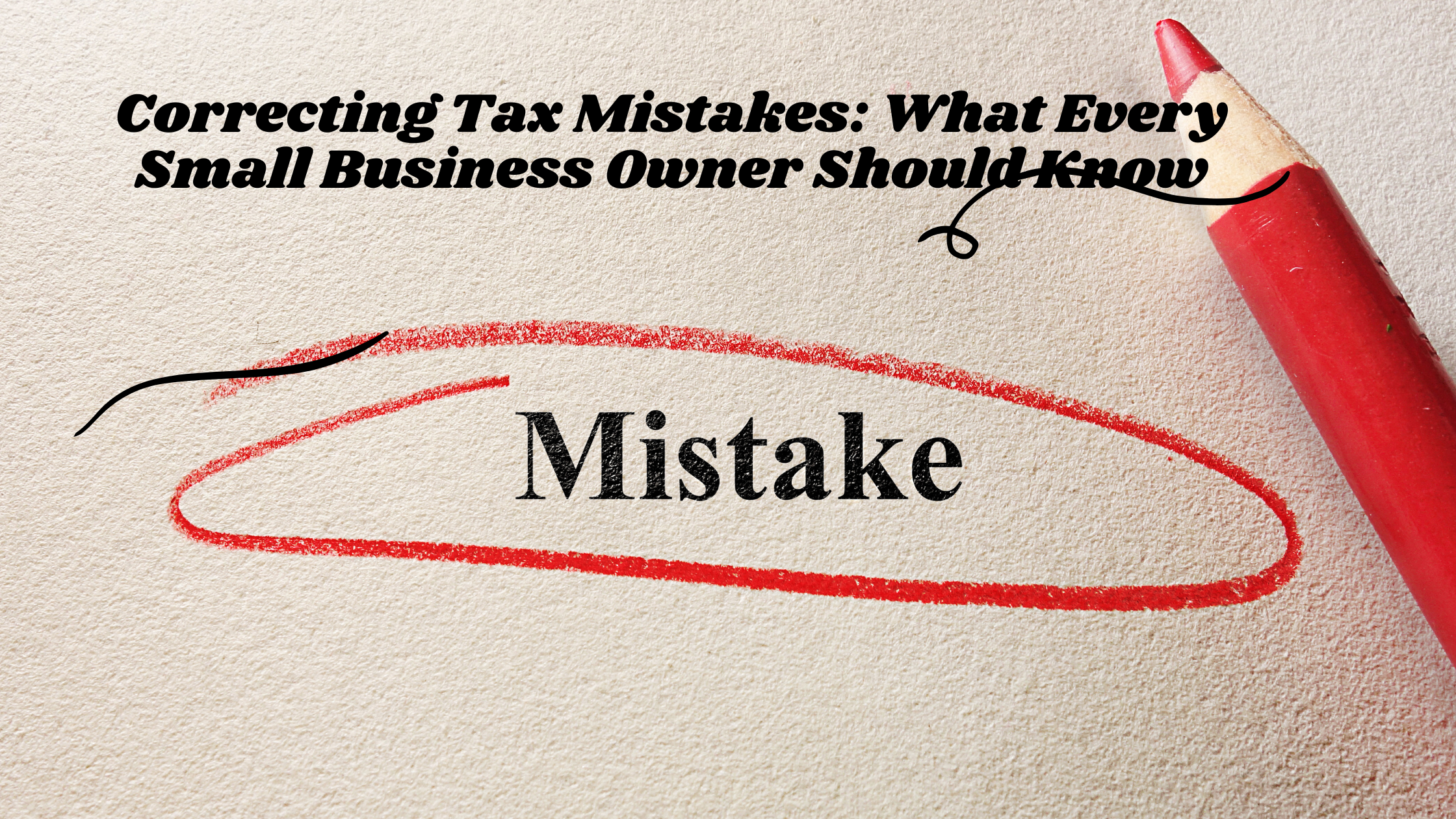Working from home isn’t a new concept, especially for self-employed individuals. However, during the height of the COVID-19 pandemic, millions of employees also shifted to remote work. While many continue working from home, only some qualify for the home office tax deduction.
Who’s Eligible?
The short answer: Only self-employed individuals can claim the home office deduction. Employees who work remotely due to employer policies cannot take advantage of this deduction, due to a provision in the Tax Cuts and Jobs Act (TCJA) that eliminated miscellaneous itemized deductions for unreimbursed employee expenses. This provision is set to expire after 2025, potentially restoring the deduction.
If you are self-employed, the IRS has strict rules for qualifying for the deduction. Your home office must be used exclusively for business and meet one of the following three tests:
- Principal Place of Business: Your home office must be where you conduct most of your business activities. This includes administrative or management tasks that are essential to your operations.
- Meeting Customers or Clients: If your home office is regularly used to meet with clients, customers, or patients, you may qualify for the deduction.
- Separate Structure: If your office is in a standalone structure on your property (such as a detached garage, workshop, or studio), you may be eligible, provided it is used exclusively for business.
Additionally, if you store inventory or product samples at home and your home is your only business location, you may be able to deduct expenses related to the storage space.
What Can Be Deducted?
If you qualify, you can deduct direct expenses (such as painting, repairs, and office furniture depreciation) and indirect expenses (a portion of utilities, insurance, mortgage interest, property taxes, and more).
Alternatively, the simplified method allows you to deduct $5 per square foot of office space, up to 300 square feet (a maximum of $1,500 per year). While this method is easier, it does not allow you to claim home depreciation.
Another advantage: If your home office is your principal place of business, transportation costs between your home and other work locations may be deductible.
Final Thoughts
Determining eligibility for the home office deduction and understanding the tax implications of moving can be complex. To ensure compliance and maximize your deductions, consult a tax professional to discuss your specific circumstances. Contact us today!





